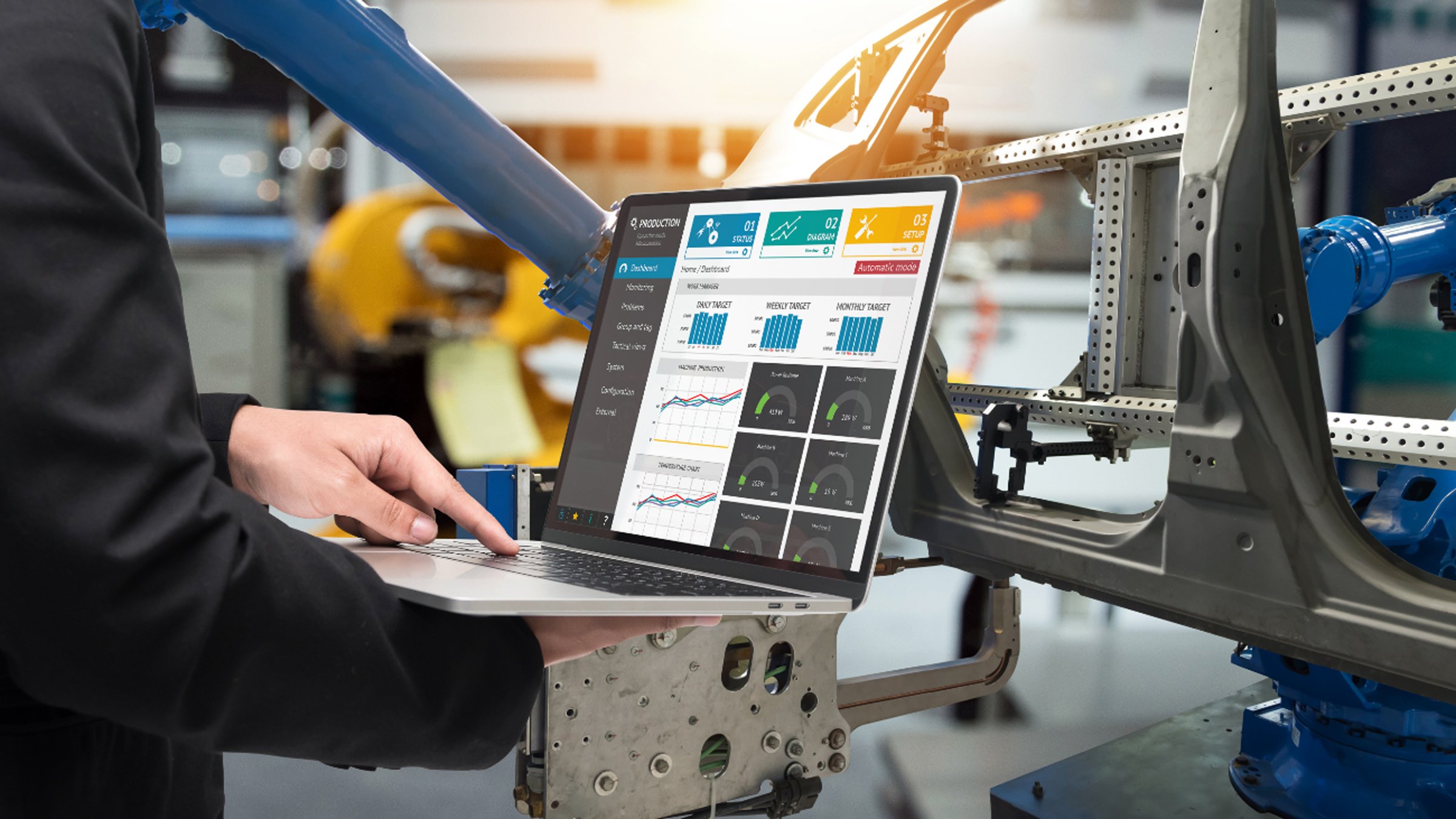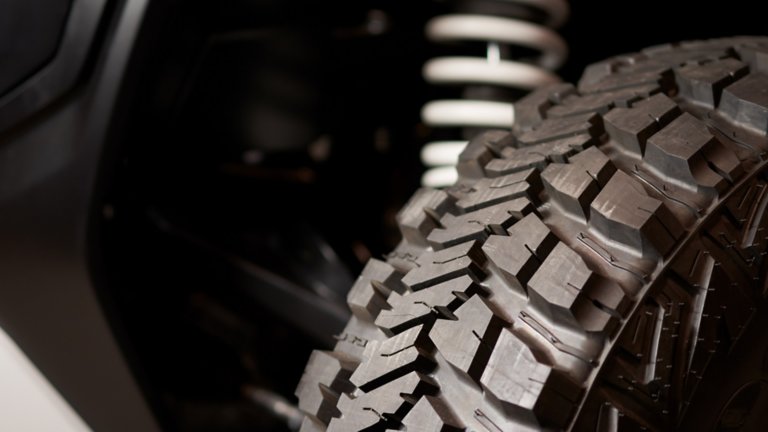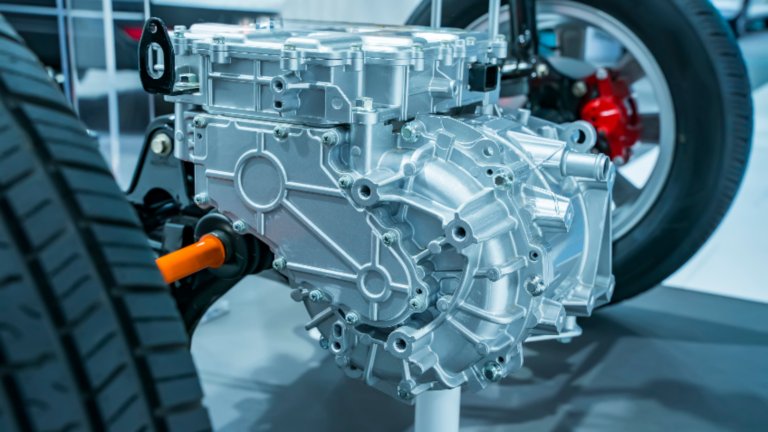The future is digital
Connected, digitalized operations have already helped the auto industry get through the pandemic.
Remote connectivity has been essential to business continuity, allowing employees to work from home and provide critical services like roadside assistance. Advanced manufacturing technologies have also helped automakers quickly adjust their operations to produce direly needed personal protective equipment for caregivers and other front-line workers.
Moving forward, digital technology still has a role to play to support automakers as they cope with COVID-19. For example, as companies seek to limit the number of people in plants, remote access, and augmented reality (AR) tools can allow remote employees to connect with plant workers on training, operations, and maintenance.
But digital technologies can also be critical to helping automakers evolve their business to keep up with market needs. Here are just a few examples:
Building the lot of one
It’s no secret that automakers are moving to a future where consumers can go online and create more personalized vehicles. And COVID-19 may have only accelerated the trend by pushing more automotive sales online.
But delivering the lot of one requires a new production strategy. One where information flows seamlessly from product and process design to final assembly, and where products don’t come to equipment, but rather equipment comes to products.
A key ingredient in a lot-of-one production strategy is a modern MES. It can seamlessly integrate with an automaker’s PLM system to create a manufacturing bill of process for each order, while also making sure that data can flow across their operations. Analytics can also optimize production in this new, multi-dimensional production environment by helping solve both known and unknown production problems.
Going electric
Hybrid and all-electric vehicle production requires flexible and scalable operations. The updated operations can allow automakers to stay agile to ramp up production to meet demand and adjust their lines or processes to leverage new technology.
What do flexible and scalable operations look like?
They use analytics to help automakers stay efficient, even as powertrain technologies change. They use an MES to manage complexity, especially as production grows or evolves. And they use digital twin technology to simulate production changes before implementation, which can help validate decisions and reduce risk.
Optimizing supplier operations
Suppliers can use digital technologies to stay efficient and keep up with their automaker customer needs.
Tire makers, for example, need smarter, more flexible, and lower-cost operations to address challenges like increasing SKU counts and global cost pressures. With analytics, they can uncover opportunities to improve productivity and quality. And using digital twin software, they can improve everything from machine designs, to operator training, to troubleshooting and repairs.
Meanwhile, battery producers can use digital solutions like analytics and MES to improve their understanding of the battery lifecycle, from raw material sourcing to battery performance. This change can be crucial to helping battery producers optimize production processes and battery quality as they strive to deliver billions of watts of energy in the coming years.



